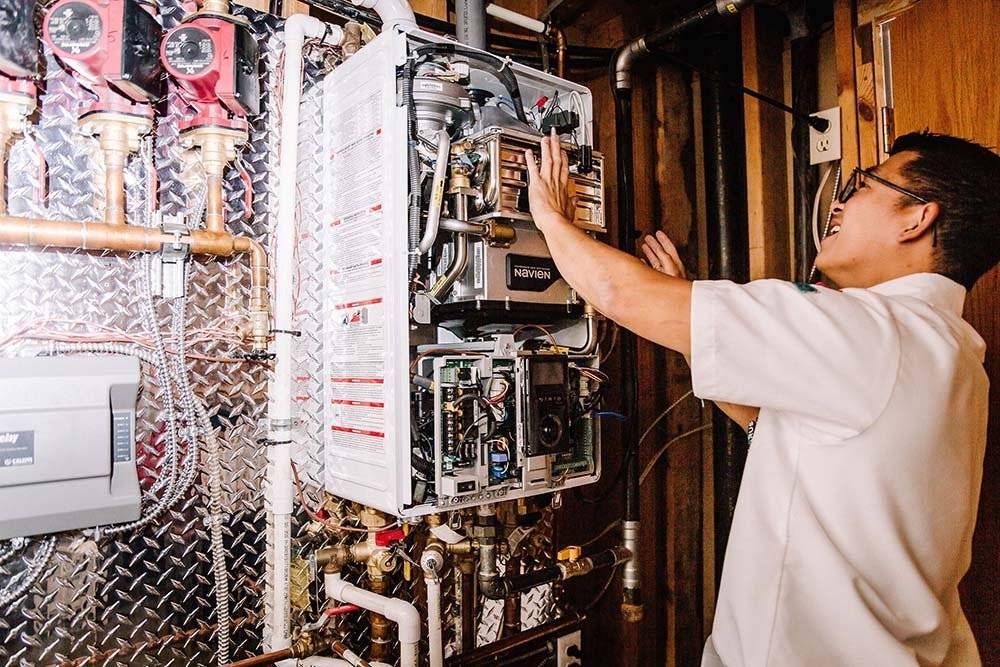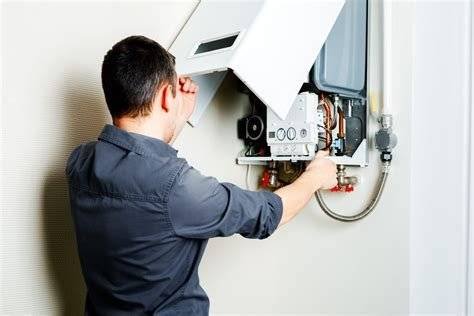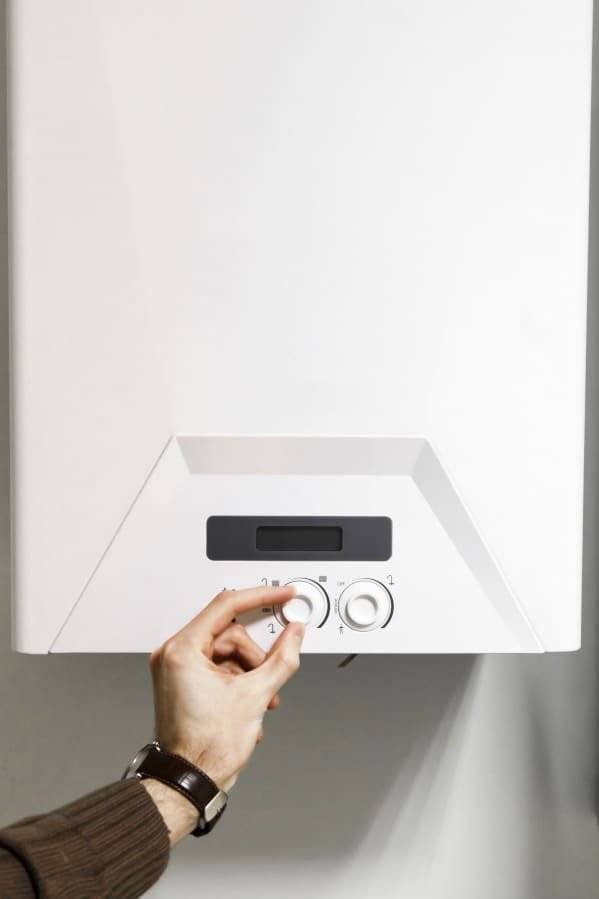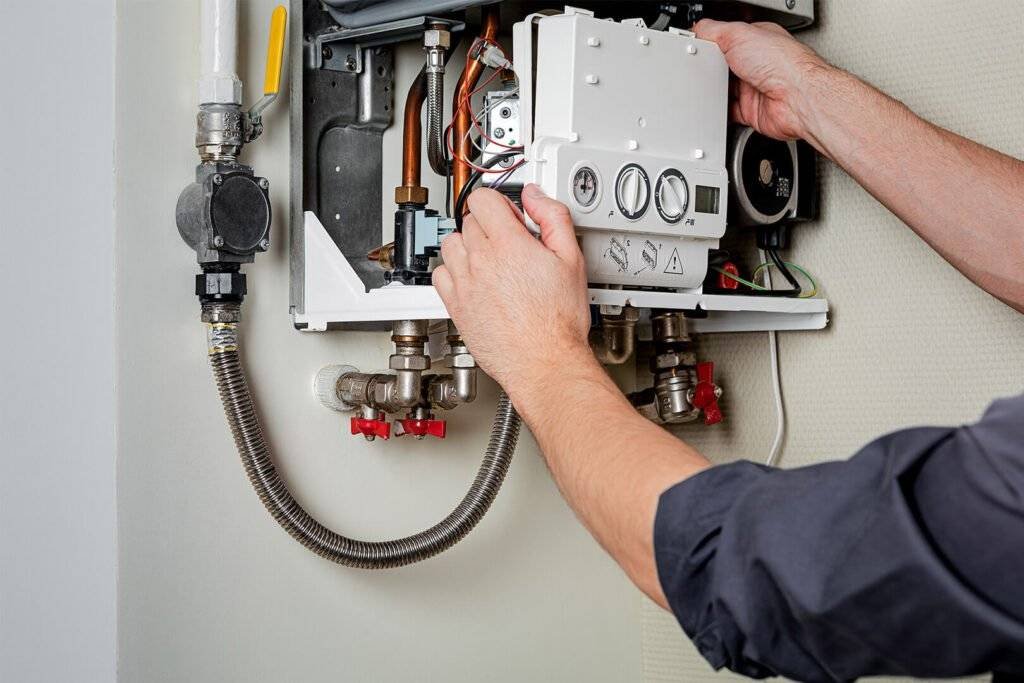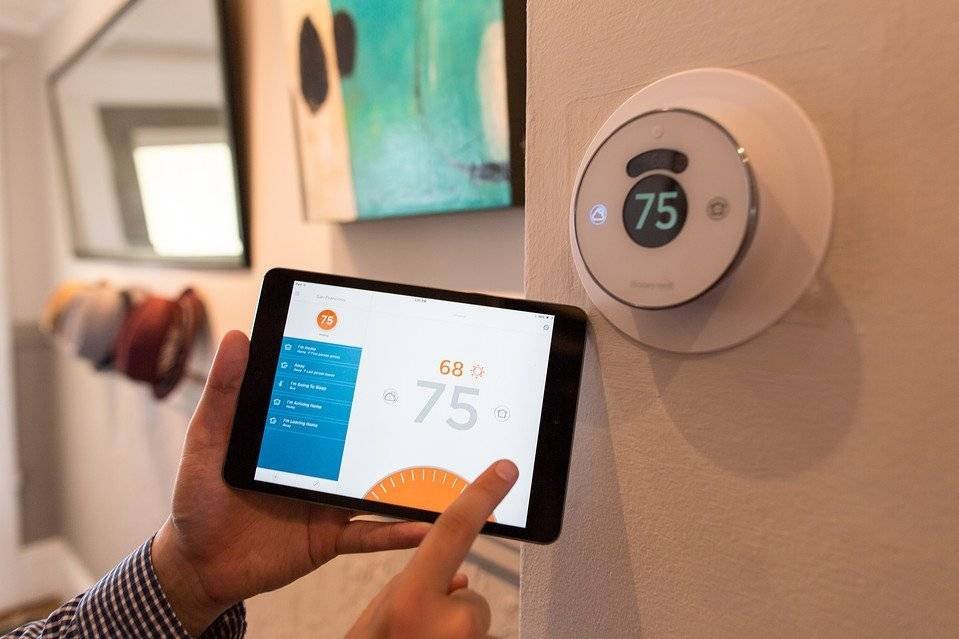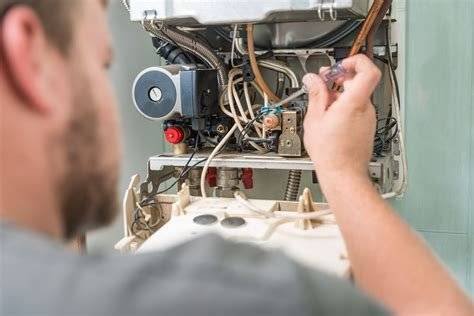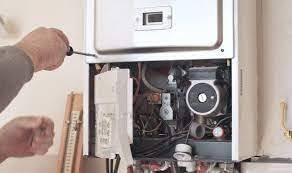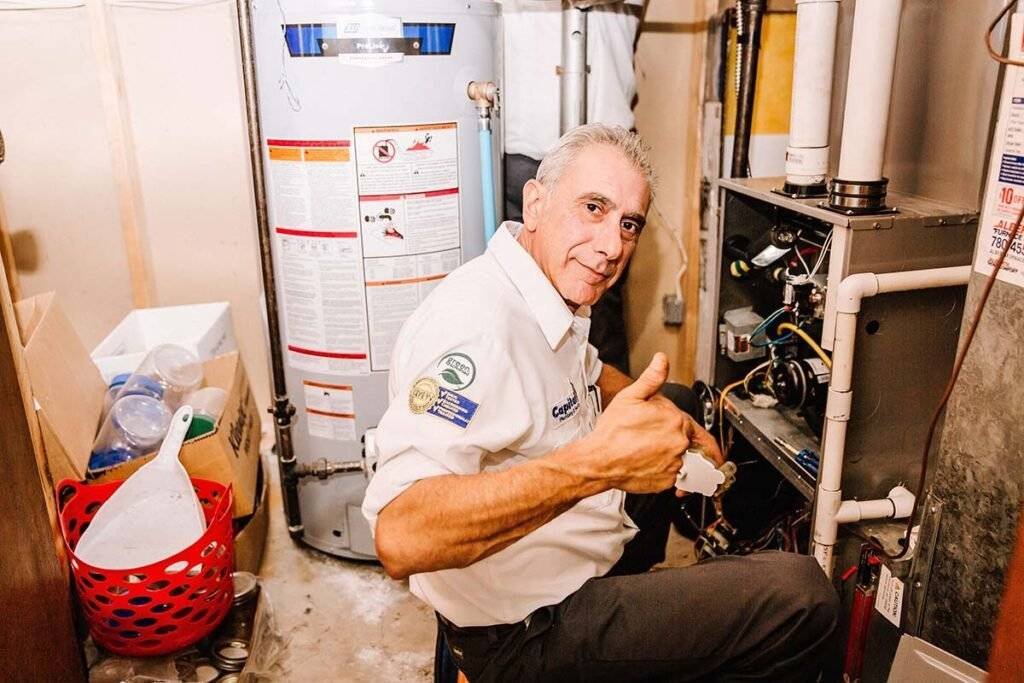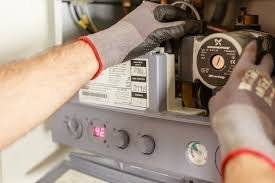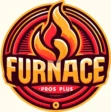Furnace Installation Looma - Your Reliable Heating Specialists
Furnace Pros Plus is your trusted partner for all your heating requires. With years of experience, we specialize in delivering first-class heating services to keep your home warm and comfortable. Our group of proficient technicians devote themselves to offering specialist furnace setup, upkeep, and repair services. We understand the importance of an effectively functioning heating system, specifically during the cooler months. We focus on efficiency, price, and consumer complete satisfaction in every task (big or small). Whether you require a brand-new furnace, a regular check-up, or emergency situation repair work, depend on Furnace Pros Plus for trustworthy and effective heating services that make sure comfort and comfort.
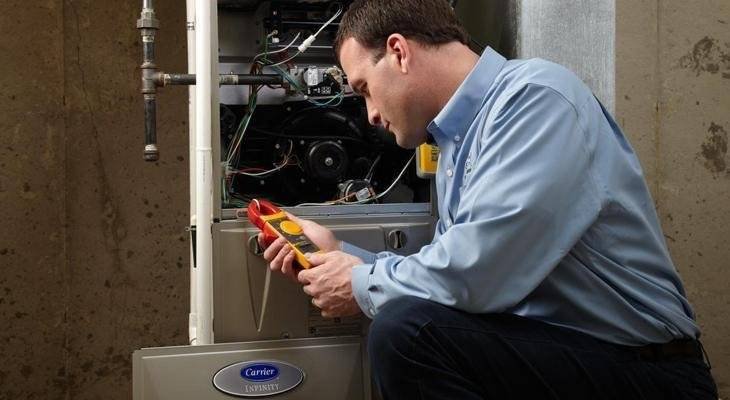
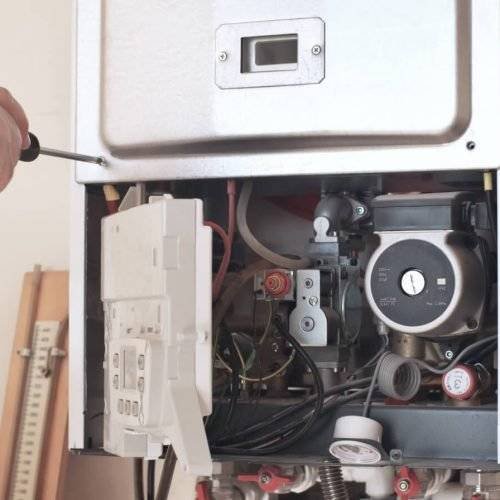
Who Are We?
Domestic Furnace Installations and Repairs
Furnace Pros Plus stands apart as the leading furnace setup and repair contractor in Nisku, due to its commitment to quality, consumer complete satisfaction, and know-how. This reputable business has built a strong credibility by regularly delivering trusted and effective furnace services customized to the distinct needs of each consumer.
Among the essential elements that set Furnace Pros Plus apart is its group of highly proficient and certified technicians. Each service technician brings a wealth of experience and is carefully trained to deal with a wide variety of furnace systems, from older models to the latest innovations. This guarantees that no matter the type or intricacy of the furnace, Furnace Pros Plus has the know-how to successfully identify and fix any concerns.
Moreover, Furnace Pros Plus places a high top priority on customer service. The business understands that furnace problems can be disruptive, especially during the severe Nisku winter seasons. As a result, they use timely and trusted service, guaranteeing that their technicians are available 24/7 to address any emergency situations. This responsiveness minimizes downtime and guarantees that homes and organizations are kept warm and comfortable without significant hold-ups.
Furnace Pros Plus also sticks out for its commitment to using just top quality parts and products. By partnering with leading manufacturers, the business ensures that every setup, repair, or upkeep job satisfies the greatest standards of durability and efficiency. This not just improves the durability of the furnaces but also improves their performance and energy efficiency, which can cause significant cost savings for clients over time.
The business’s dedication to openness and fair pricing further improves its credibility. Furnace Pros Plus provides comprehensive, in advance quotes without concealed fees, guaranteeing that clients understand what they are spending for and can make educated decisions about their furnace requires.
Lastly, Furnace Pros Plus adds to the regional community by staying environmentally conscious and promoting energy-efficient services. By encouraging clients on the best practices and products for reducing energy usage, they help Nisku residents and organizations decrease their ecological impact and delight in better air quality.
All these elements combine to make Furnace Pros Plus the premier choice for anybody trying to find trustworthy and top quality furnace setup and repair services in Nisku, Alberta
How can we help you?
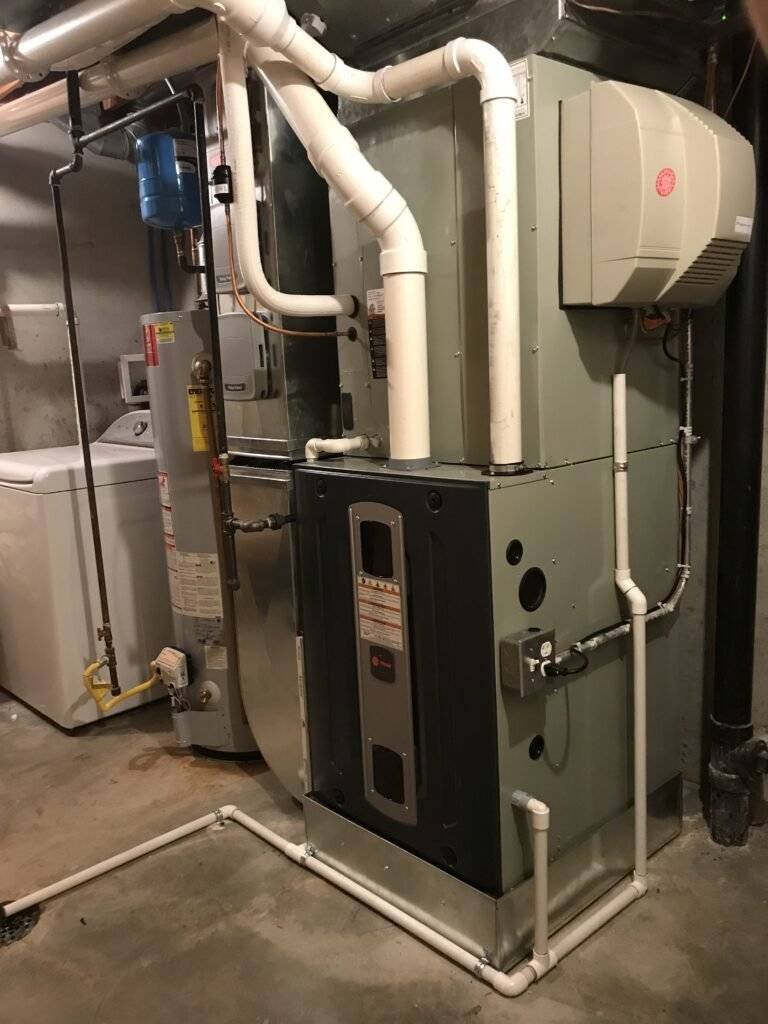
Understanding the Expense of Installing a New Furnace
Intro
A functioning furnace is necessary when it pertains to maintaining a comfortable and warm home during the cooler months. However, there comes a time when installing a brand-new furnace is inevitable.
Understanding the costs associated with this process is vital for property owners to plan and spending plan appropriately. This thorough guide checks out the numerous elements affecting the cost of installing a brand-new furnace.
Elements Influencing Heating System Setup Expenses
Type of Furnace:
- Gas Heaters: Popular for their efficiency, they usually cost more in advance however use lower operating expense.
- Electric Furnaces: They are less costly than gas furnaces. However, electrical models tend to have greater operational costs due to electrical power rates.
- Oil Furnaces: These are less typical and can be more pricey due to the cost of oil.
Heating System Size and Capability
- Square Footage: The size of your home directly affects the capacity needed for the furnace.
- BTU Score: Greater BTU ratings correspond to more effective furnaces, which can increase the cost.
Effectiveness Rankings
Annual Fuel Utilization Effectiveness (AFUE):
Greater AFUE ratings mean better efficiency however also come with a greater cost.
Brand name and Quality
Top-tier brands often command greater rates due to their credibility for quality and durability.
Installation Intricacy
- Existing System: Upgrading from an old system might need additional work and cost.
- Ductwork: The condition and layout of existing ductwork can impact setup intricacy.
- Availability: Difficult access to the setup website can increase labour costs.
Labour Expenses
Labour costs vary by region. In addition, the intricacy of the setup can affect labour costs.
Additional Expenses to Think About
- Permits: Some regions need authorizations for furnace setup.
- Inspections: City laws might need post-installation examinations for security compliance.
- Thermostats: Upgrading to a clever thermostat can sustain additional costs.
Typical Expense of Heating System Installation
While rates can vary commonly based on the elements pointed out above, here are some average cost varieties for furnace setup:
- Gas Furnaces: $2,000 to $5,000.
- Electric Furnaces: $1,000 to $2,500.
- Oil Furnaces: $2,500 to $6,000.
These are rough estimates and can vary based on particular home requirements.
Cost-Saving Tips.
Research and Compare.
Acquire multiple quotes from different specialists to make sure competitive pricing.
Seek Rebates and Rewards.
Try to find energy efficiency refunds offered by energy companies or federal government programs.
Think About Long-Term Savings.
Buying a more effective furnace can reduce energy bills over time.
Conclusion
Setting up a brand-new furnace is a significant investment, and understanding the costs included is necessary for any homeowner. By thinking about the type of furnace, setup intricacy, labour costs, and additional costs, property owners can better get ready for this required upgrade. Remember to look for multiple quotes, explore available refunds, and consider long-term energy cost savings when deciding.
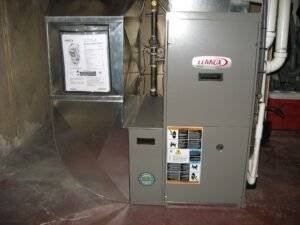
The Right Size Heating System for Your Home: A Comprehensive Guide
Intro
Selecting the right size furnace for your home is vital for guaranteeing effective heating and comfort during the cooler months. A heating system that’s too small won’t keep your home warm, while one that’s too large can cause unneeded energy usage and irregular heating. This guide will help you determine the ideal furnace size for your home.
Understanding Heating System Sizing: BTU and Effectiveness
We determine the size of a furnace in British Thermal Systems (BTU). One BTU is the energy needed to raise the temperature of one pound of water by one degree Fahrenheit. When selecting a furnace, two essential elements play a role: the BTU ranking, indicating the furnace’s heating capacity, and its efficiency ranking, determined in Annual Fuel Utilization Effectiveness (AFUE).
Computing Your Home’s Heating Requirements
You should determine your home’s heating requires to determine the correct furnace size. The estimation thinks about elements like square video footage, climate zone, insulation quality, window type, and home layout. Usually, you require roughly 30-60 BTUs per square foot. However, this differs based on your home’s particular qualities.
Environment Zone and Its Impact on Heating System Size
Your geographic location significantly affects the furnace size needed. Houses in cooler areas, such as Looma, need more BTUs per square foot than those in milder environments. Speak with a heating specialist for particular recommendations.
The Function of Home Insulation in Heating System Sizing
Excellent insulation reduces the quantity of heat loss, implying you can go with a smaller furnace. Assess your home’s insulation in the walls, attic, and windows. Upgrading insulation can be an affordable way to reduce heating needs.
Factors To Consider for Different Types of Heaters
There are numerous kinds of furnaces, like gas, electrical, and oil. Each type has distinct sizing considerations. Gas furnaces prevail and effective, electrical furnaces are more simple and safer however often more pricey to run, and specialists install oil furnaces where gas isn’t available.
Importance of Specialist A/c Assessment
An expert heating and cooling assessment is vital. Technicians consider all variables, including ductwork and home layout, to suggest the optimum furnace size. They can perform a Manual J estimation, the industry standard for identifying heating and cooling loads.
Energy Effectiveness and Cost-Effectiveness
Selecting a furnace with a high AFUE ranking is vital for energy efficiency and cost savings. Modern furnaces have AFUE ratings in between 80% and 98%, indicating the portion of fuel converted into heating. While high-efficiency furnaces are more pricey in advance, they can cause significant cost savings in the long run.
Dealing With Common Misconceptions About Heating System Sizing
A common mistaken belief is that a larger furnace is always better. However, a large furnace can cause short biking, where the furnace regularly turns on and off, reducing efficiency and lifespan. Conversely, an undersized furnace has a hard time to heat your home effectively.
Long-Term Benefits of the Right-Sized Furnace
Selecting the right-sized furnace has long-term advantages, including constant comfort, lower energy bills, minimized carbon footprint, and fewer upkeep concerns. It’s a balance in between in advance costs and long-term cost savings.
Summary: Making an Informed Decision
Selecting the right size furnace is a choice that affects your home’s comfort and energy efficiency for several years to come. By understanding the essentials of furnace sizing and looking for expert assistance, you can make an informed choice that guarantees optimum heating for your home.
Remember, the key to an efficient and comfortable home depend on selecting the right furnace and regular upkeep and thinking about other elements like insulation and climate. With this thorough guide, you are well-equipped to pick the ideal furnace for your home, offering heat and comfort for lots of winter seasons.
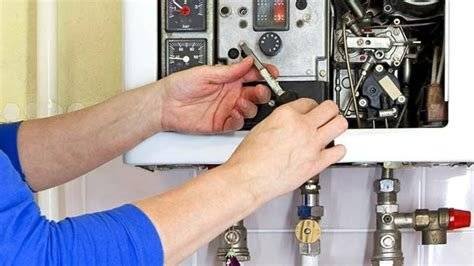
Replace vs Repair Heating System: A Far-reaching Guide
Intro
Choosing whether to change or fix your furnace is a significant choice for any homeowner. The choice affects your immediate comfort and security and has long-term monetary ramifications. This thorough guide will explore numerous elements to consider, assisting you make an informed choice.
Understanding Your Furnace
Life expectancy and Types
Furnaces usually have a life expectancy of 15-20 years. The two main types are gas and electrical, each with different upkeep and operational costs.
Signs of Problems
Common signs that your furnace might require attention include unusual sounds, inconsistent heating, and increased energy bills.
When to Think About Repairing Your Heating System
Repair is often the best choice for minor concerns or furnaces that are fairly new and still under warranty.
Cost-Effectiveness
Repairing can be more cost-efficient for minor concerns. However, regular repair work might show a deeper issue.
Ecological Effect
Repair work often have a lower ecological impact than changing the entire unit.
When Replacement is the Very Best Choice
You need to consider replacement if your furnace is near the end of its lifespan, repair work are becoming progressively pricey, or if it could be more energy effective.
Long-lasting Expense Savings
While the preliminary cost is greater, a brand-new furnace can be more energy-efficient, conserving you money on energy bills.
Technological Improvements
More recent models feature sophisticated innovation, such as clever thermostats, which use better temperature control and efficiency.
Weighing Your Alternatives
Expense Analysis
Compare the cost of repair work over time versus the one-time cost of a brand-new furnace.
Energy Effectiveness
Assess how your current furnace’s efficiency is affecting your energy bills.
Home Value
Think about how a brand-new furnace might increase the value of your home, specifically if you plan to offer in the future.
Professional Suggestions
Seeking Expert Opinion
Talk to heating and cooling experts to evaluate the state of your current furnace and get estimates for repair and replacement.
Importance of Routine Maintenance
Routine upkeep can extend the life of your furnace, whether you decide to fix or change it.
Summary
In conclusion, deciding to fix or change your furnace depends on numerous elements, including age, condition, cost, and energy efficiency. By thinking about these elements and looking for expert advice, you can decide that guarantees comfort, security, and monetary prudence for your home.
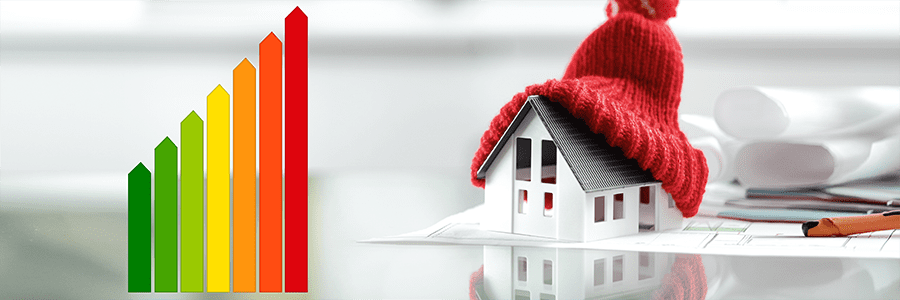
What Season is the Cheapest to Change The Heating System?
Will a Modern Energy-Efficient Heating System Lower Your Residence Insurance?
Intro
Home upkeep can be a significant investment, specifically when it includes vital systems like heating. Among the most considerable costs property owners face is changing their furnace. However, timing this replacement can cause significant cost savings. This post checks out the best season to change your furnace, thinking about cost-effectiveness and functionality.
Understanding Heating System Replacements
The Requirement for Replacement
Before diving into timing, it’s essential to understand why and when you need to change your furnace. Common indications include regular repair work, heating inadequacy, and the unit’s age (normally beyond 15-20 years). Changing an outdated or malfunctioning furnace improves heating efficiency and guarantees security and comfort during cooler months.
Elements Influencing Heating System Rates
Numerous elements impact furnace rates, including the type of furnace, brand name, capacity, and the intricacy of setup. Seasonal demand is another significant factor, often neglected, yet it plays a crucial role in identifying the cost.
Best Time for Replacement: Off-Season
Why Choose Off-Season?
The off-season, primarily spring and early fall, is generally the least expensive to change a furnace. The demand for heating systems is lower during these durations than during the peak winter months. Lower demand often results in more competitive pricing from manufacturers and installers.
Advantages of Off-Season Replacement
- Lower Expenses: Reduced demand can cause discount rates and more consumer negotiating power.
- Schedule of Technicians: heating and cooling technicians are less hectic during these times, guaranteeing more versatile scheduling and quicker setup.
- Adequate Time for Research: The off-season offers property owners sufficient time to research different furnace models and options without the pressure of immediate requirement.
Preparation Ahead
Utilizing the off-season needs planning. Prepare for the requirement for replacement and schedule it when the demand is low. This foresight conserves money and prevents the inconvenience of a furnace breaking down in the middle of winter season.
Winter: The Peak Season
Obstacles of Winter Season Replacement
- Greater Rates: The demand for furnace setup and repair peaks during winter season, resulting in greater rates.
- Hectic Schedules: Finding a specialist might be more challenging, and you might have to wait longer for a consultation.
- Emergency Replacements: If your furnace breaks down in winter season, you might have to go with an instant replacement, which leaves little room for cost contrast or settlement.
Other Factors to consider
Energy Effectiveness and Rebates
Buying energy-efficient models might be more pricey in advance however can cause long-term cost savings. Also, look out for refunds and tax credits offered for energy-efficient home improvements.
Importance of Routine Maintenance
Routine upkeep can lengthen the life of your furnace, delaying the requirement for replacement. It’s an important element of home care that you need to pay attention to.
Summary
Timing your furnace replacement can cause significant cost savings. The off-season, especially spring and early fall, is usually the most cost-efficient period for this investment. Preparation, thinking about energy efficiency, and maintaining your current furnace can enhance costs and make sure a warm, comfortable home.
Intro
House owners often consider whether upgrading their home appliances and systems can cause cost savings on their home insurance premiums. One typical concern is whether installing a brand-new furnace reduces home insurance costs. This post delves into how a brand-new furnace setup might affect your home insurance, providing insights into insurance plan, threat management, and prospective cost savings.
Understanding Residence Insurance Premiums
Before diving into the specifics of furnaces and insurance, it’s vital to understand what elements affect home insurance premiums. Insurance provider evaluate numerous elements, including:
- Residential Or Commercial Property Age and Condition: Insurance Representatives view newer homes with upgraded systems as lower risks.
- Area: Geographic location and regional climate can significantly impact insurance rates.
- Safety Functions: The presence of alarms, smoke detectors, and other security devices can reduce premiums.
The Effect of a New Heating System on Residence Insurance
Setting up a brand-new furnace in your home can have numerous ramifications for your home insurance:
- Reduced Danger of Fire and Gas Leakages: Modern furnaces with sophisticated security features decrease risks like fire or gas leakages. This threat reduction can be beneficial in the eyes of insurance providers.
- Improved Energy Effectiveness: Newer furnaces are often more energy-efficient, resulting in lower energy costs and a reduced ecological footprint, indirectly impacting insurance considerations.
- Enhanced Home Value: Upgrading to a brand-new furnace can increase your home’s market value, which might impact the protection you require.
Possible Insurance Discounts
Some insurer use discount rates for home improvements that reduce threat. These might include:
- Protective Device Discounts: You might qualify for a discount rate if your new furnace includes sophisticated security features.
- Green Residence Discounts: Some insurance companies supply special discount rates for installing energy-efficient home appliances.
Documents and Appraisal
To take advantage of a brand-new furnace setup for insurance advantages, consider the following:
- Professional Setup: Make sure a licensed expert installs your furnace, which can be a prerequisite for insurance advantages.
- Keep Records: Maintain all receipts and documentation for the furnace purchase and setup.
- Inform Your Insurance Provider: Alert your insurance provider about the upgrade. They might need an inspection or additional documentation.
Factors to consider Before Upgrading
While a brand-new furnace can use advantages, consider the following:
- Expense vs. Benefit Analysis: Examine if the long-term cost savings on insurance and energy bills validate the preliminary cost of a brand-new furnace.
- Insurance Coverage Review: Talk to your insurance representative to understand how a brand-new furnace might particularly affect your policy.
Summary
Upgrading to a brand-new furnace can reduce your home insurance premiums by reducing threat and improving your home’s security and efficiency. However, the impact differs based on individual insurance plan and the particular features of the furnace. It’s advisable to speak with your insurance service provider to understand the full advantages and ramifications of a brand-new furnace setup.
Frequently asked questions
Q: How much can I save money on my home insurance by installing a brand-new furnace?
A: Cost savings vary based on the insurance service provider and the particular features of the new furnace. Talk to your insurance representative for comprehensive details.
Q: Exist any particular kinds of furnaces that are more beneficial for insurance discount rates?
A: Furnaces with sophisticated security features, high energy efficiency ratings, and those that meet particular ecological standards are often more beneficial.
How to Prepare for a Heater Installation
Setting up a brand-new furnace in your home is a significant investment and an important upgrade to your living space. It improves the comfort of your home and improves energy efficiency. Proper setup preparation is vital to make sure the setup process is smooth and trouble-free. This post will direct you through the required actions to get ready for a furnace setup.
Understanding Your Heating Requirements
Assessing Your Space: The initial step is to evaluate the size of your space and understand the heating requirements. A too-large or too-small furnace for your home can cause inadequacy and greater energy costs. Consulting with a heating expert to determine the right furnace size is vital.
Selecting the Right Heating System: There are numerous furnaces, including gas, electrical, and oil. Each has advantages and disadvantages; the choice depends on your location, spending plan, and individual preference. Research and speak with professionals to make an informed choice.
Pre-Installation Preparation
Selecting a Qualified Installer: We can not overstate the importance of picking a certified and experienced installer. Try to find experts with good reviews and correct certification. They will make sure a proper setup and guide you through the process.
Cleaning the Area: Make sure the area where you plan to install the furnace is clear of any mess. A clean area provides easy access to the setup group and accelerate the process. Remove any important or vulnerable products from the vicinity to prevent unexpected damage.
Getting ready for Downtime: Depending on the intricacy of the setup, your heating system might be down for a few hours to a day. Strategy appropriately, specifically if the setup is during cooler months.
Throughout Setup
Access to Your Home: Make sure the installers have easy access to your home, which includes guaranteeing that parking is available and a clear course to the furnace location.
Interaction: Stay available to answer any questions the installers might have. Clear interaction can help fix any concerns quickly and guarantee your setup goes as prepared.
After Installation Checks
Inspect the Setup: Once the setup is complete, inspect the deal with the installer. Make sure that the setup is complete and that the area is clean.
Understanding the System: Have the installer discuss the performance of the new furnace, including how to change filters and the fundamental troubleshooting actions.
Warranty and Documents: Guarantee you receive all required documentation, including warranty details and operating manuals. Keep these documents in a safe place for future reference.
Conclusion
Getting ready for a furnace setup includes understanding your heating requires, selecting the right furnace, and picking a certified installer. By following these actions, you can make sure a problem-free setup process and delight in the comfort and efficiency of your new heating system for several years to come. Remember, a little preparation goes a long way in guaranteeing a smooth and successful furnace setup.
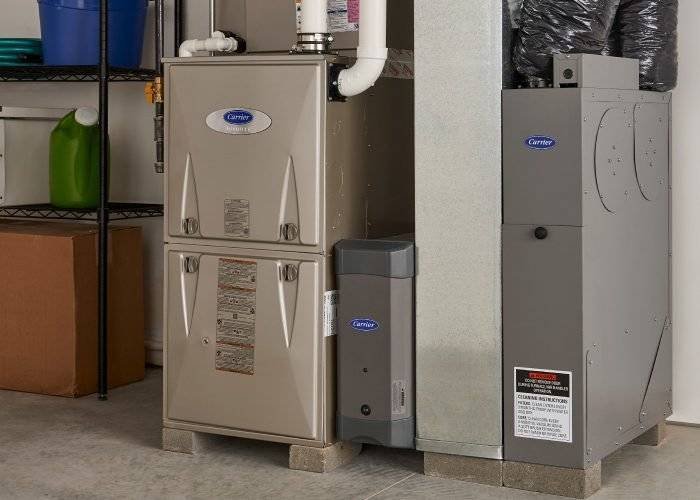
Our Work
